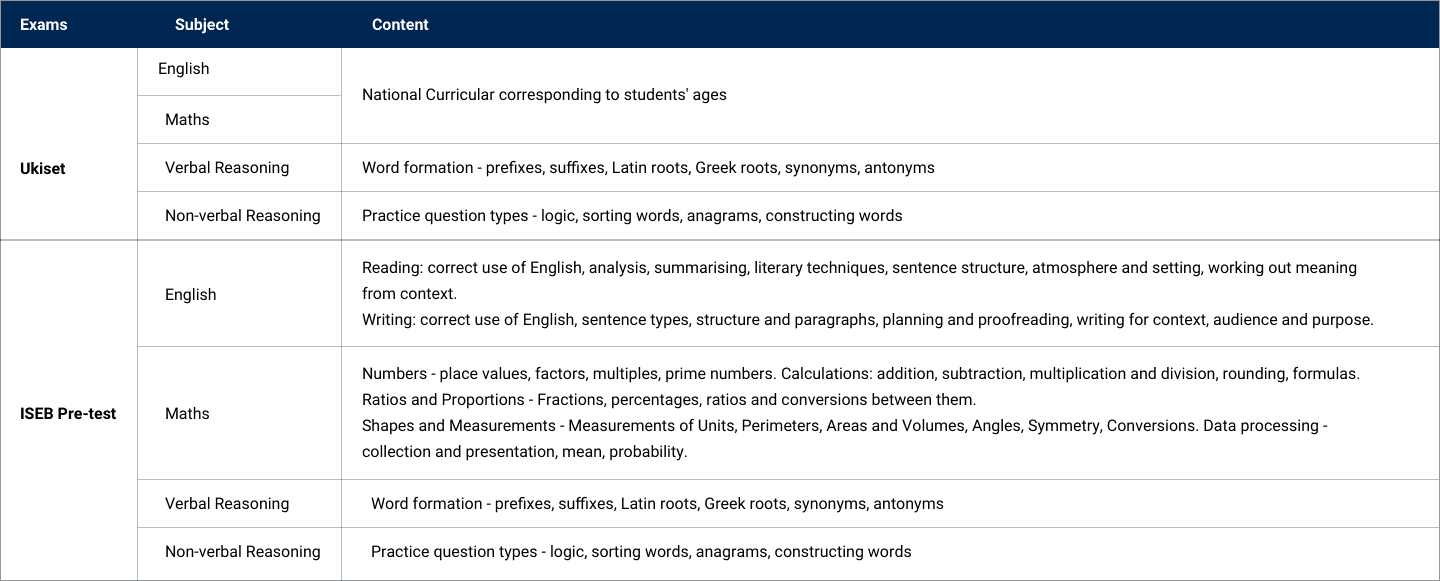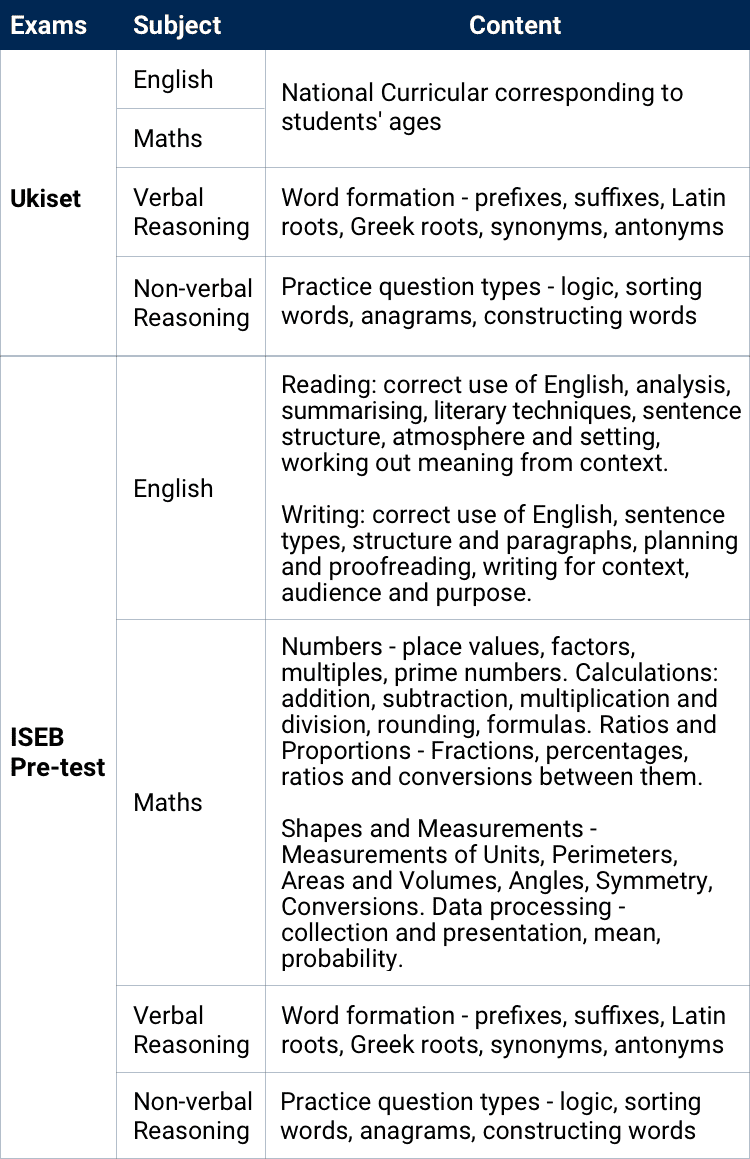
Core courses include English, Mathematics and Science.
The evaluation results will be informed to the parents and reported to the Ministry of education.
Students in Year 6 take the key stage 2 national course test, English and mathematics subjects.
Age standardized:KS1-KS2 , age 5-11 ( from Year 1 - Year 6) Core courses
Course content:English, Mathematics, Science, Design and technology, Information and communication technology (ICT), History, Geography, Art design, Music, Physical education, Modern foreign language.
As the transition to GCSE, KS3 pays more attention to the exploration and cultivation of interests in daily study and life. KS3 course learning in the UK helps children explore their strengths and abilities, which the results have a huge effect on course selection in GCSE and A-level. What they choose will have bearings on their future, especially on future academic performance and college entrance. Therefore, KS3 stage has a profound impact on the future development planning of children who have plans to study abroad, and it is a crucial section. KS3 is an important bridge leading to course selection in GCSE andA-level. What course is selected at this stage of their academic journey willimpact theirfuture academic performance, college selection and entrance. Therefore, the KS3 stage plays a vital role in the academic success of children who plan to study abroad.
Age standardized: Age 11-13 ( from Year 7-8)
Course content: English, Mathematics, Science, Design and technology, Information and communication technology (ICT), History, Geography, Art design, Music, Physical education, Modern foreign language.


The IGCSE (International General Certificate of Secondary Education) has become the world’s most popular international qualification. IGCSE is widely accepted and recognised by higher education institutions and employers across the globe. Compared with GCSE, the IGCSE course condenses the two-year standard GCSE course seeing students take 5 to 6 courses in a year.
Advantages of the course: There are many subjects to study, experience learning in different subjects, and study with local students in the UK.
The GCSE course is a two-year course and the most traditional option in the UK. This course requires students to study 8 to 10 courses in two years.
Advantages of the course:There are many subjects to study, experience learning in different subjects, and study with local students in the UK.

A-Level Maths, A-Level Further Maths (or Higher Maths) , A-Level Physics, A-Level Computer Science, A-Level Account, A-Level Business, A-Level Economics courses are offered
Regular students can register and attend the exams in adminstrative exam centres. Private candidates can register and attend in the Culture and Education Office of the British Consulate (except UK and US)
For passing grades, 40% corresponds to an E grade and those who reach passing grades are eligible for applying universities abroad.The scale is as below.A: 80-100%
A-Level grades are A, B, C, D, E and U.A presents highest grade; E presents passing grade and U presents Unclassified.If the students are not satisfied with the grade of specific, it is allowed to retake the test and only the best grades will be specified
A-Level exams are flexible both in exam timetable and times. Students can either take exams in different years or take them all together. It is allowed to take one subject for many times and only the best grades will be specified
A-Level papers are made and administered by different Examination Boards. The papers are only in English version and students are required to answer in English as well.


UKiset is also called UK Independent Schools Entry Test which is an adaptive online entry test only in English. It assesses students aged 9 ½ - 18 and evaluates student's learning abilites and development potentials in an intellectual and standardized evaluation to identify candidates' strengths, weakness and learning preference.Over 100 top private schools have used "Ukiset" as one of the important criteria for screening overseas students.
Ukiset was designed by Gabbidas, Durham University and Cambridge English in the UK and supervised by the Culture and Education Office of the British Consulate. UKiset tests are valid for one year and students can take the test again at four-month intervals.
ISEB Pre-test, also known as Common Pre-test, is usually conducted when candidates are in Year 6 or Year 7. Before the CE exam, students are required to take a Pre-test exam in order to qualify for the main CE exam.
The ISEB exam questions are made by the administors designated by the ISEB Board, but ISEB is not responsible for marking and scoring the papers. The schools students apply for are responsible for marking the answers sheets of candidate students.
Like ISEB Pre-test, Ukiset is also a screening test for private schools in the UK. The test students need to take depend on the schools students apply for.
Both the Ukiset exam and the ISEB Pre-test are computer-based exams, and the system will test candidates’ abilities and knowledge based on their ages. The difference is that ISEB Pre-test is generally taken in 11+, while UKiset can be taken between 9.5-18 years old.
